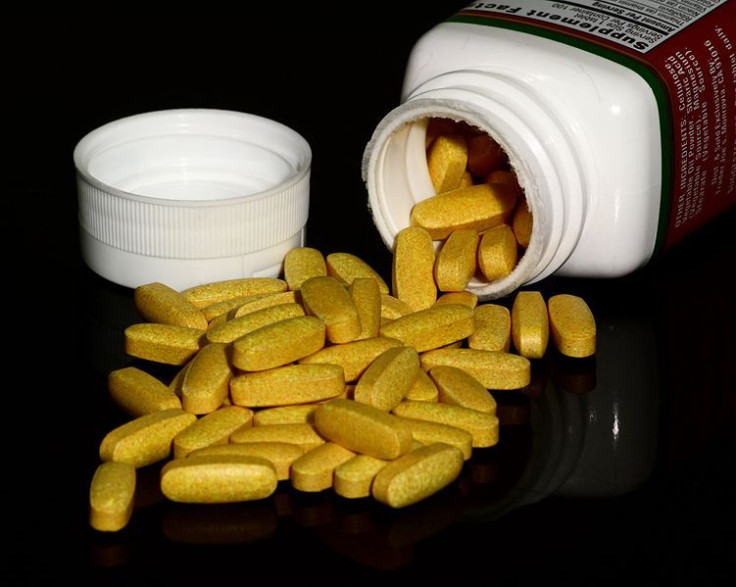Dietary Drugs And FDA Labeling: Sen. Dick Durbin Introduces Bill That May Threaten Future of Dietary Supplements

Just as Congress is ready to begin its summer hiatus, Illinois Sen. Dick Durbin introduced a bill designed to force the U.S. Food and Drug Administration (FDA) to set specific guidelines in its approval of dietary supplements, citing mislabeling and fictitious health claims as an ongoing problem with the products.
The Alliance for Natural Health, a group that seeks to protect access to integrative medicine, started a petition to stop what it describes as Sen. Durbin’s “frontal attack on [the] right to use supplements” and “one-step closer to a full FDA pre-approval system for supplements.” But what’s so wrong with that?
Well, right now, many of the dietary supplements on the market — most of them with all-natural ingredients — do not need specific FDA approval to be sold. In fact, many dietary supplements that people use every day are sold without FDA approval (for example: organic flax oil, vitamin C, Biotin, etc.).
What Sen. Durbin is proposing, however, would force every dietary supplement company to seek FDA approval for each and every supplement they wanted to sell. The problem with that is that the process to get approval, which would include safety testing, can be frustrating and lengthy. The process could pull many dietary supplements currently available off the shelves for a long period of time.
But it’s a process that Sen. Durbin and his supporters in Congress believe will be worth it to ensure the safety of the American public.
"Though many dietary supplements available today are safe, we can't ignore the growing evidence that there are some in the industry that are taking advantage of the system we have in place to make money selling products they know are harmful," said Durbin. "Regulation of supplements can be improved to protect public health and it starts with making more information available to consumers and the FDA. The bill I am introducing with Senator Blumenthal builds on the work we have done in the past with common sense steps to make sure supplement risks are printed on the label, products are registered with FDA and manufacturers can back up their big claims."
According to Packaging Digest, the Durbin-Blumenthal Dietary Supplement Labeling Act would “improve information available to consumers” by allowing the FDA to track how many supplements are in the market, require more information on the product labels, give the FDA authority to ask for proof of alleged health benefits and direct the FDA to clarify the distinction between supplements and other products.
Sen. Richard Blumenthal, who co-sponsors the bill with Durbin, believes the bill is long overdue.
"Consumers don't know some dietary supplements are unsafe until they're in the hospital, and by that time it's too late. This legislation would make lifesaving information available to the FDA that may stop suspect products from causing injury or even death,” said Blumenthal.
The Council for Responsible Nutrition (CRN), a trade association that opposes the legislation, said that the proposed bill doesn’t address the right companies.
"CRN appreciates Sen. Durbin's continued interest in providing consumers with additional assurance of the safety and benefits of their dietary supplements. However, we oppose the Dietary Supplement Labeling Act of 2013 because it creates added burdens for both FDA and companies already following the law, but does not address the problem of those companies that are disregarding the law. Without robust enforcement, companies who look for loopholes and disregard their legal obligations will continue to ignore new requirements,” said CRN President and CEO Steve Mister.
This is surely a battle that will heat up in the coming weeks, with strong arguments on both sides. For more information on the Durbin-Blumenthal Dietary Supplement Labeling Act, visit Durbin.Senate.gov.



























